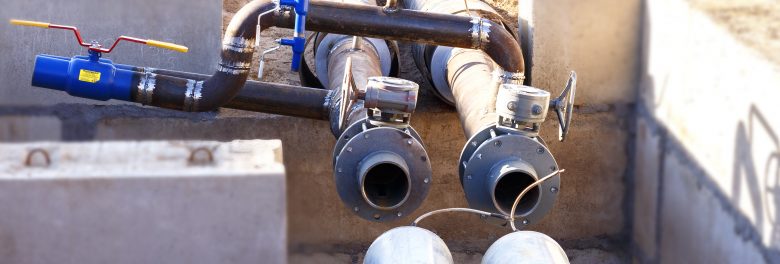
When it comes to proper and effective management of a heat network, ‘the buck stops with’ the Landlord. The landlord’s primary responsibility is to protect the interest of its leaseholders, and a poorly managed heat network can present a significant risk that this won’t be achieved, even if certain obligations are delegated to managing agents, ESCOs or CEM contractors.
Managing agents take over a great deal of responsibility including matters involving property maintenance, financial reconciliation and tenant relations. This may bring some relief to the Landlord but where a heat network is involved, some additional support is typically needed. Heat network management comprises some specific obligations that require additional resources to address.
Some of these obligations include:
- Contract management – even when there is an ESCO in place, ensuring they carry out their duties;
- Regulatory compliance – checking against laws that apply to heat networks;
- Financial management – ensuring that costs relating specifically to the heat network remain fair and reasonable;
- Operational monitoring – securing reliable and resilient heat supply and performance optimisation;
- Identifying funding opportunities – for instance, in delivering improvements on low performing networks.
To provide high quality product and services to consumers and protect themselves from legal challenges, Landlords must ensure that their heat networks are being adequately managed.